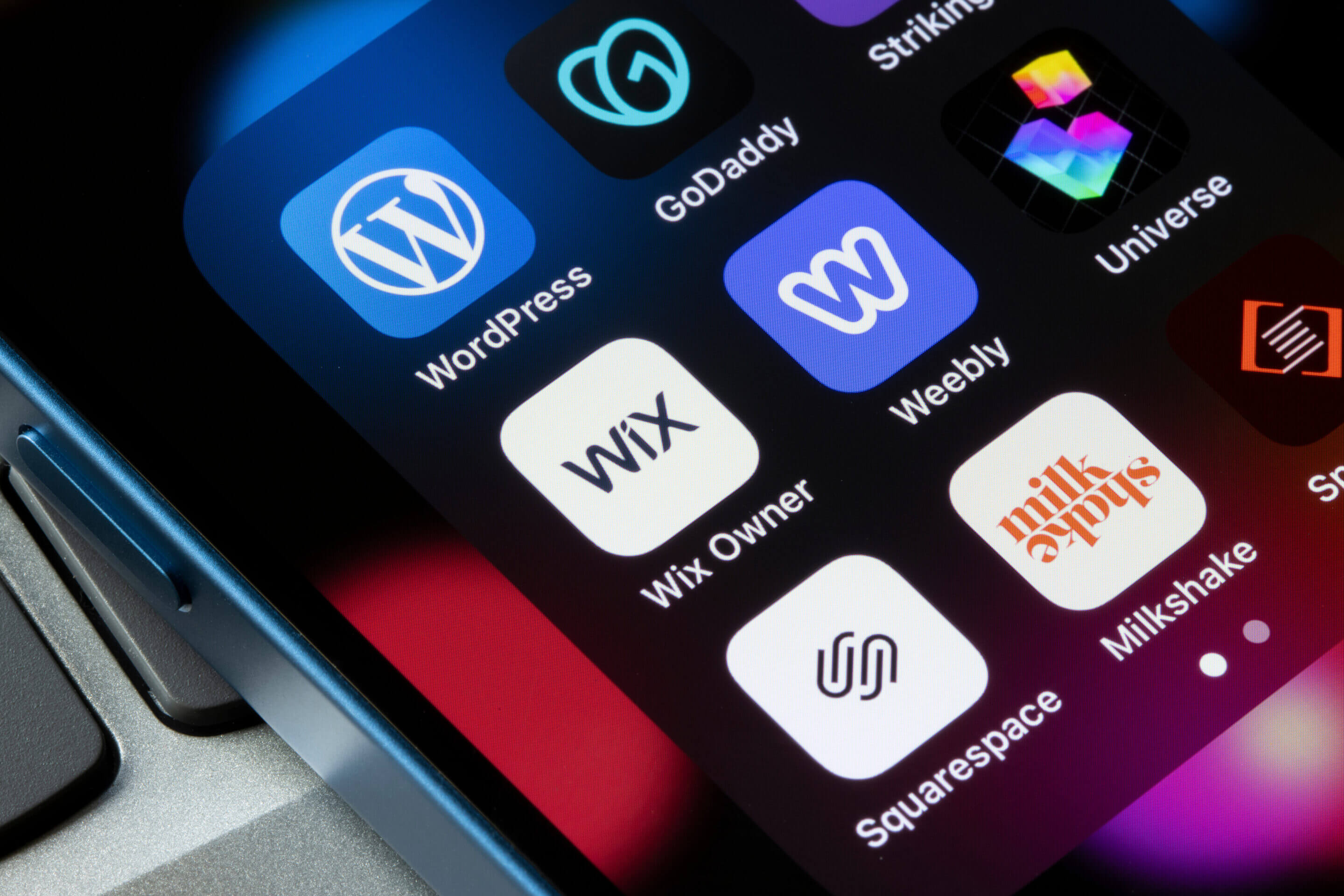In today’s digital age, having a website for your business or personal brand is essential. There are many website platforms available in the market, and choosing the right one can be challenging. In this blog post, we will compare three popular website platforms: WordPress, Webflow, and Wix.
1. Ease of Use:
- WordPress: It is a powerful platform, but it has a steeper learning curve than other platforms. It requires some technical expertise, such as setting up hosting and installing plugins, to use effectively.
- Webflow: Webflow is relatively easy to use and has a user-friendly drag-and-drop interface. It doesn’t require any coding knowledge, making it accessible for beginners.
- Wix: Wix is the easiest-to-use platform, with an intuitive drag-and-drop interface. It’s beginner-friendly, and users can quickly create websites with no technical knowledge.
2. Design and Customization:
- WordPress: It offers a vast range of customization options through themes and plugins, making it possible to create unique designs. However, it requires more technical knowledge to customize.
- Webflow: Webflow provides a high level of customization options and flexibility, with the ability to create custom animations and interactions. It’s a good option for those who want to design a unique website.
- Wix: Wix offers hundreds of templates and an easy-to-use drag-and-drop editor, but customization options are limited. It’s best suited for users who want a quick and easy way to create a website.
3. SEO:
- WordPress: WordPress is highly optimized for search engines, with many plugins available for SEO optimization. Users can easily install and set up SEO plugins like Yoast SEO.
- Webflow: Webflow has good SEO optimization features, but it’s not as comprehensive as WordPress. Users can add meta descriptions, alt text, and optimize headings.
- Wix: Wix has made improvements to their SEO tools, but it’s still not as robust as WordPress or Webflow. It’s best suited for users who want a simple website and aren’t focused on SEO.
4. E-commerce:
- WordPress: WordPress has many e-commerce plugins, such as WooCommerce, making it a great choice to create an online store. However, it requires more technical expertise to set up and customize.
- Webflow: Webflow recently added e-commerce functionality, making it possible to create online stores. It’s a good option for those who want a visually stunning website with e-commerce capabilities.
- Wix: Wix offers an easy-to-use e-commerce platform with pre-built templates and integrations with popular payment gateways. It’s best suited for small to medium-sized businesses.
5. Pricing:
- WordPress: WordPress is free to use, but users must pay for hosting and domain names. Plugins and themes can also incur additional costs.
- Webflow: Webflow offers a free plan, but it’s limited in features and has a Webflow branding on the website. Paid plans start at $16/month for a basic website.
- Wix: Wix offers a free plan with limited features, with paid plans starting at $14/month.
In conclusion, WordPress, Webflow, and Wix are all excellent website platforms, but each has its strengths and weaknesses. WordPress is the most powerful but requires more technical knowledge. Webflow is great for designers and developers who want a high level of customization. Wix is the easiest to use and best suited for small businesses. Ultimately, the choice of platform depends on your needs, goals, and technical knowledge.

